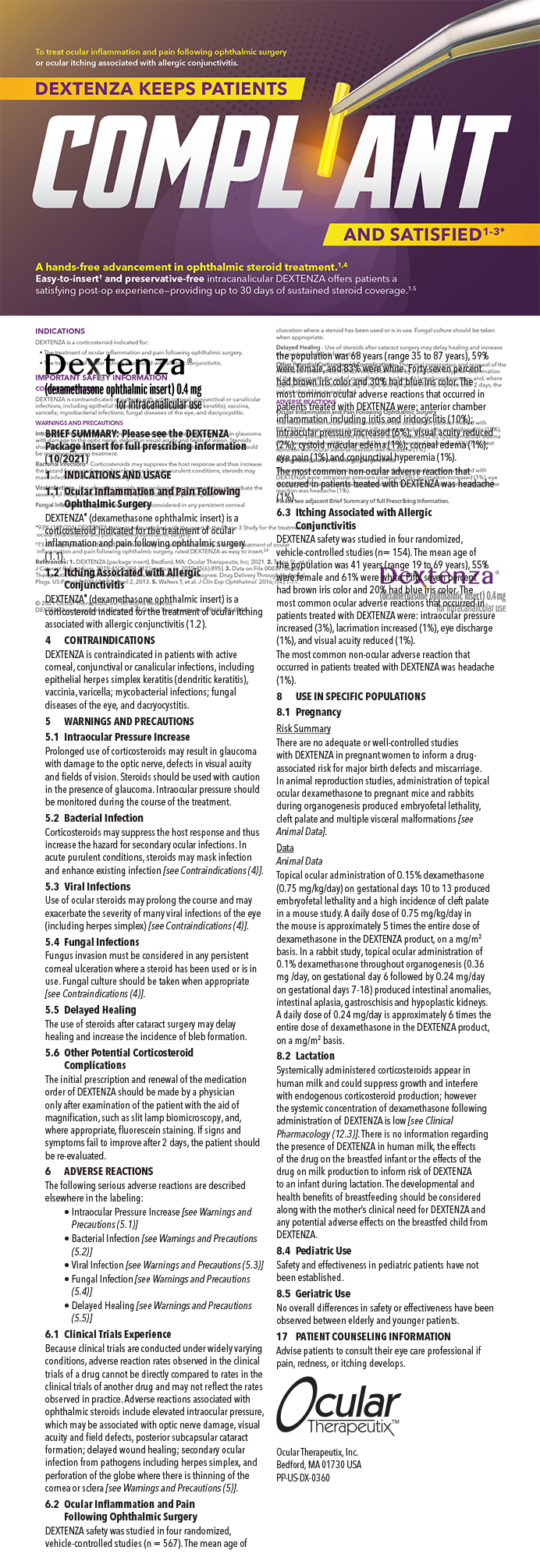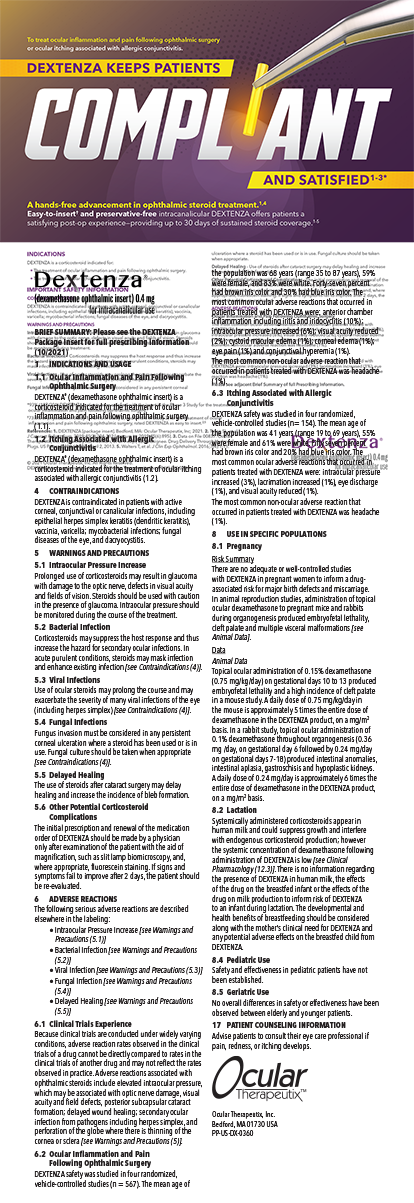Dysfunctional Lens Replacement
We would like to propose a new term, dysfunctional lens replacement, for the procedure in which the crystalline lens is removed in patients who suffer from dysfunctional lens syndrome (DLS).
DLS is characterized by a process of pathological change in the lens as a result of aging and is associated with progressive worsening of presbyopia and loss of visual function due to lenticular opacification and higher-order aberrations. A visually significant cataract that requires extraction is the endpoint of that process rather than the beginning of it.
With regard to the treatment of DLS, increasingly, surgeons are considering removing the lens. However, the nomenclatures that describe this procedure are inadequate and misleading.
Traditionally, refractive lens exchange and clear lens extraction are the two terms used. Refractive lens exchange is a problematic term, because removing such a dysfunctional lens is not really a refractive procedure in the classical sense, which implies no existence of pathology preoperatively and that the only change in the visual system is a change of the refractive status of the eye. Removing a dysfunctional lens indicates the removal of pathology. Similarly, clear lens extraction is also a problematic term, because it suggests a clear crystalline lens, which is not the case in many DLS patients who do have lens opacities.
Given the importance of more accurately describing an increasingly popular procedure to remove a dysfunctional lens, we would like to propose the term dysfunctional lens replacement. It adequately captures the essence of the procedure in which a dysfunctional lens is replaced with an artificial IOL.
MING WANG, MD, PhD
Nashville, Tennessee
GEORGE O. WARING IV, MD
Mt. Pleasant, South Carolina


